The Government Expropriated Them and Now Cannot Pay Due to Bankruptcy
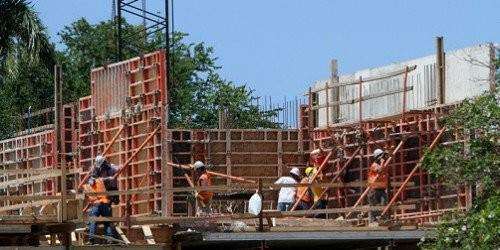
Normal
false
false
false
EN-US
JA
X-NONE
/* Style Definitions */
table.MsoNormalTable
{mso-style-name:’Table Normal’;
mso-tstyle-rowband-size:0;
mso-tstyle-colband-size:0;
mso-style-noshow:yes;
mso-style-priority:99;
mso-style-parent:»;
mso-padding-alt:0in 5.4pt 0in 5.4pt;
mso-para-margin:0in;
mso-para-margin-bottom:.0001pt;
mso-pagination:widow-orphan;
font-size:12.0pt;
font-family:Cambria;
mso-ascii-font-family:Cambria;
mso-ascii-theme-font:minor-latin;
mso-hansi-font-family:Cambria;
mso-hansi-theme-font:minor-latin;}
There is a line in the bankruptcy petition filed by the Highways and Transportation Authority (PRHTA) that details one way in which Puerto Rico’s governmental bankruptcy unexpectedly affects its citizens.
On the record, and amidst names of infrastructure organizations—such as contractors or asphalt suppliers—the public corporation’s third biggest creditor is the court’s general registry in San Juan.
The debt in record there ($3,559,792.08) is the third largest amount for the PRHTA, and as the Fiscal Agency and Financial Advisory Authority of Puerto Rico told NotiCel, it corresponds to multiple pending cases in the agency, mainly expropriations.
When the PRHTA is in charge of a project, they usually conduct a series of expropriations, which means seizing property from citizens in exchange for pay. The Constitution of the Commonwealth of Puerto Rico allows the government to carry out expropriations without question, only requiring that they deposit the value of the property in court. However, this value can be impugned and challenged by the property’s owner.
The inclusion of this debt in the PRHTA’s bankruptcy case entails freezing any disbursements, and the possibility that this money is now subject to claims from other creditors.
Regarding this issue, attorney Rolando Emmanuelli, who authored a book about PROMESA, noted that right now—and given the stay on any collection procedures involved in the bankruptcy process—it would not be advisable for ‘any government creditor to conduct collection efforts; but in worthy cases, such as the PRHTA, they should resort to the (federal) district court to lift the stay, because there is just cause (to lift it).’ Lifting the stay is a mechanism that could be used by creditors owed through expropriation to receive their money.
‘[T]here’s a problem here, because the Constitution of Puerto Rico establishes that the state cannot deprive citizens of their property without fair compensation. So these expropriation cases are protected under that constitutional clause, and this works in such a way that, when it is determined that a property serves a public end, the state makes a claim for expropriation, reporting the government’s appraisal value in court. The respondent party—the property owner—has two options: to withdraw the money and agree that such is the property value, or to file an appeal for the value of the property. Usually, the government’s determination for public use is accepted but the value remains in dispute. So the court can pass sentence saying that there is a deficit, so you have to deposit (an additional amount of money),’ the bankruptcy attorney explained.
According to Emmanuelli, seized property owners can appear before Judge Laura Taylor Swain, who is managing Puerto Rico’s bankruptcy case, to argue that they do not have the use and enjoyment of their property, and to request a lift on the stay in their particular case and a disbursement for the amount owed from the expropriation.
The PRHTA’s bankruptcy petition, filed on May 21, also includes the Puerto Rico Electric Power Authority as a commercial creditor, with an owed amount of $46,037,043.17. It also includes the Government Employees Retirement System Administration, which is owed $14,453,532.47.
The list also features Gila, LLC, which is the company that took over the management of the AutoExpreso after the exit of TransCore . Gila is owed $3,354,906.
First Transit, Inc., which operates some of the Puerto Rico Metropolitan Bus Authority routes, is owed a commercial debt of $1,981,901.00.
The Public Buildings Authority is owed $1,977,922.20 for buildings in use. The company Ferrovial Agroman, which provides construction and road maintenance services, is owed $1,884,822.06. The PRHTA owes $1,186,270.07 to Del Valle Group, a general contractor enterprise.
Constructora I.Meléndez,LLC, a company that specializes in the construction of roads and sewer and sanitation systems, is owed $961,827.53. The PRHTA owes $512,402.50 to TheEniacCorporation, a company that distributes, implements, and supports information technology solutions.
The L.P.C. <><><><>& D.Inc. company, which is a general contractor for construction services in Puerto Rico, is owed $458,667.03. The Puerto RicoTelephoneCo. is owed $452,087.03. Contracting company TamrioInc. is owed $421,994.42. Meanwhile, Super Asphalt Pavement Corp. is owed $311,199.80./p
p
Aci-Herzog is owed $262,550.18, and CD Builders, Inc. is owed $230,544.42. Meanwhile, Betterrecycling Corp., which supplies road construction materials such as asphalt and other products, is owed $224,908.14./p
p
BermúdezLongoDíaz-Masso,LLC, which specializes in construction work, is owed $195,835.23. Insurance company GlobalInsuranceAgency is owed $182,204.62, while Peerless Oil <> Chemicals, Inc. is owed $171,590.08./p



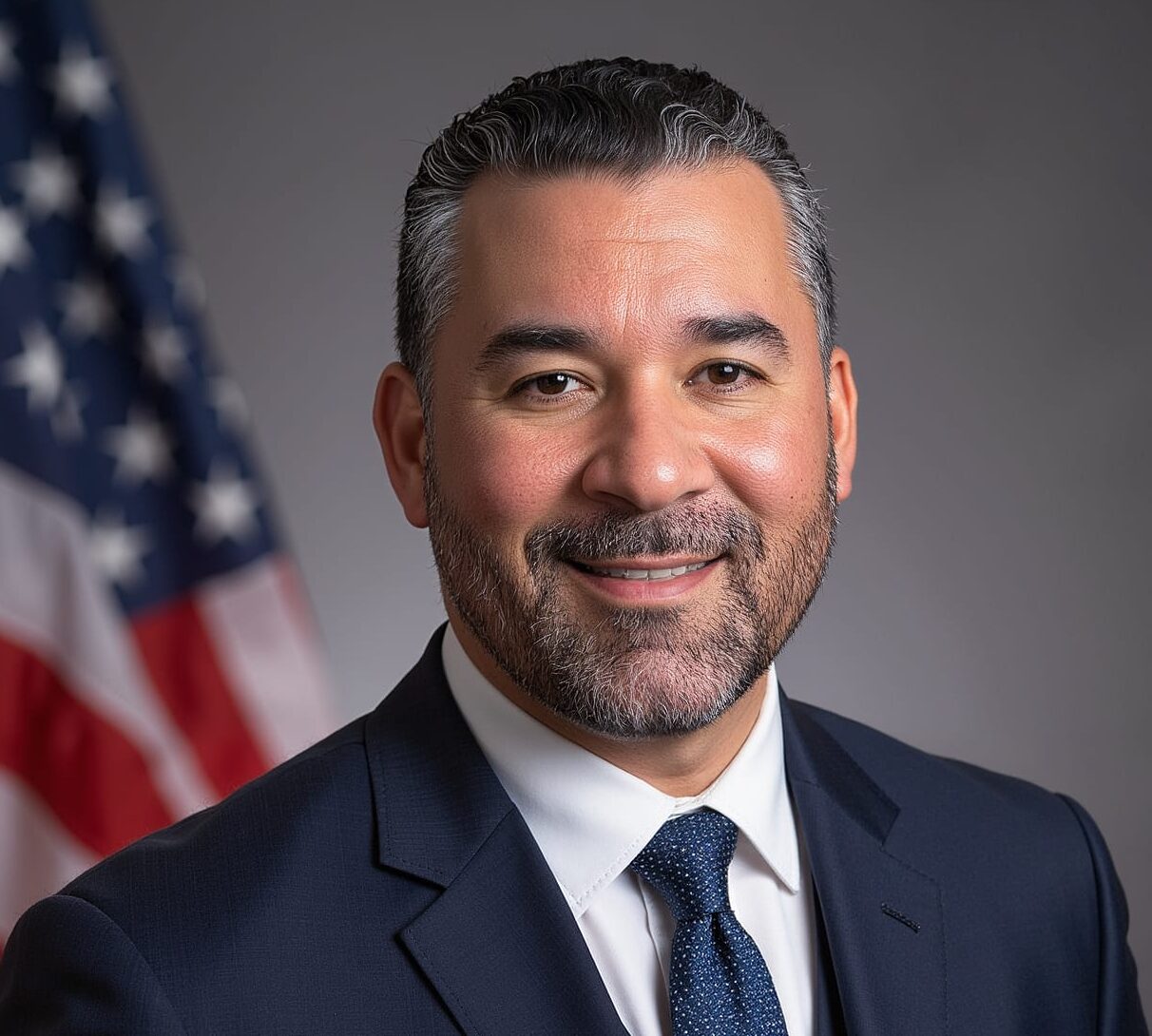



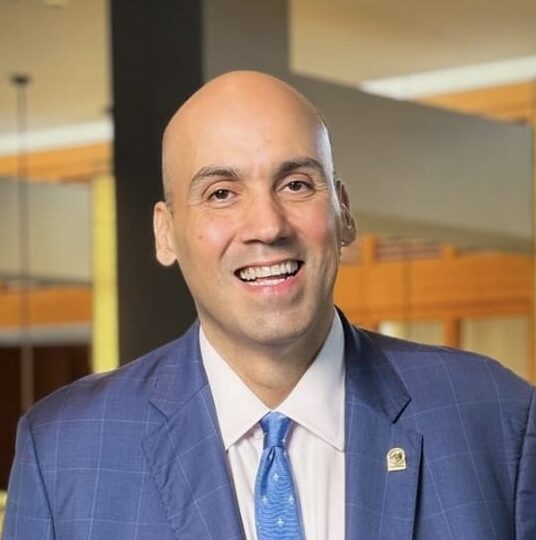
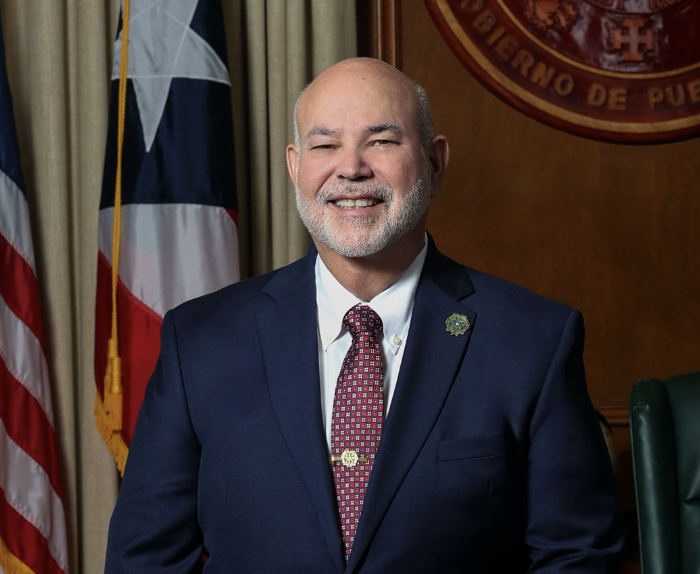

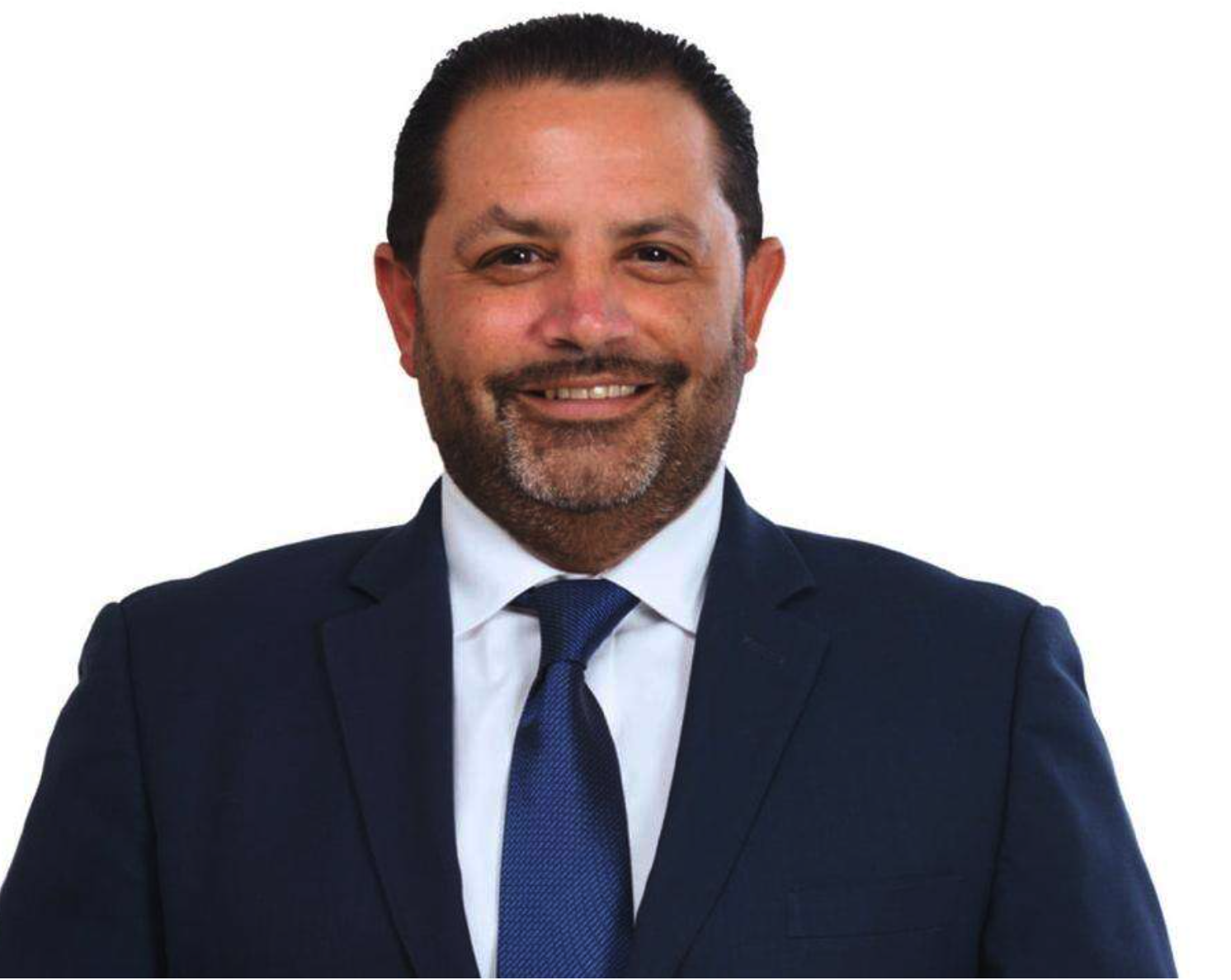

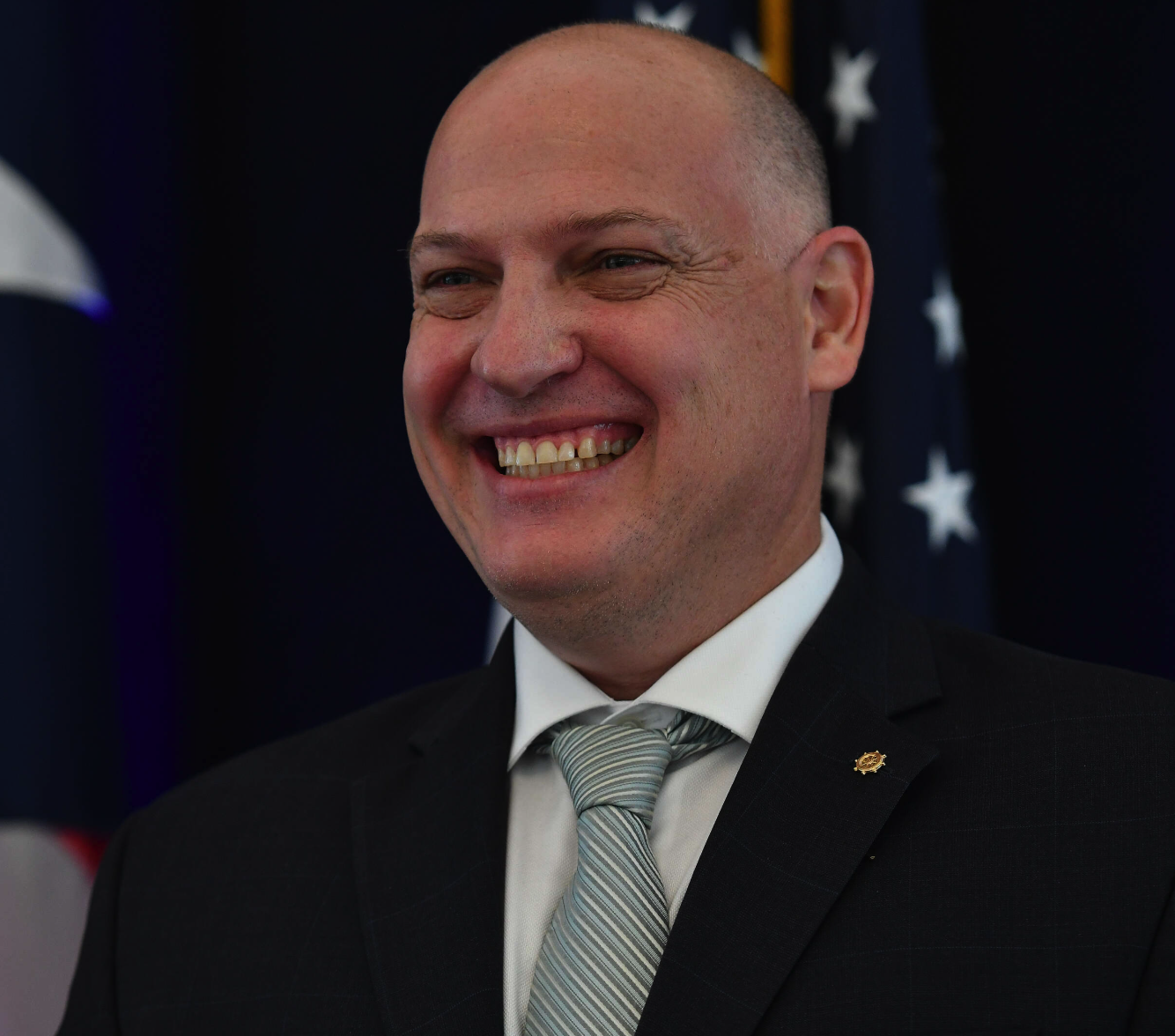
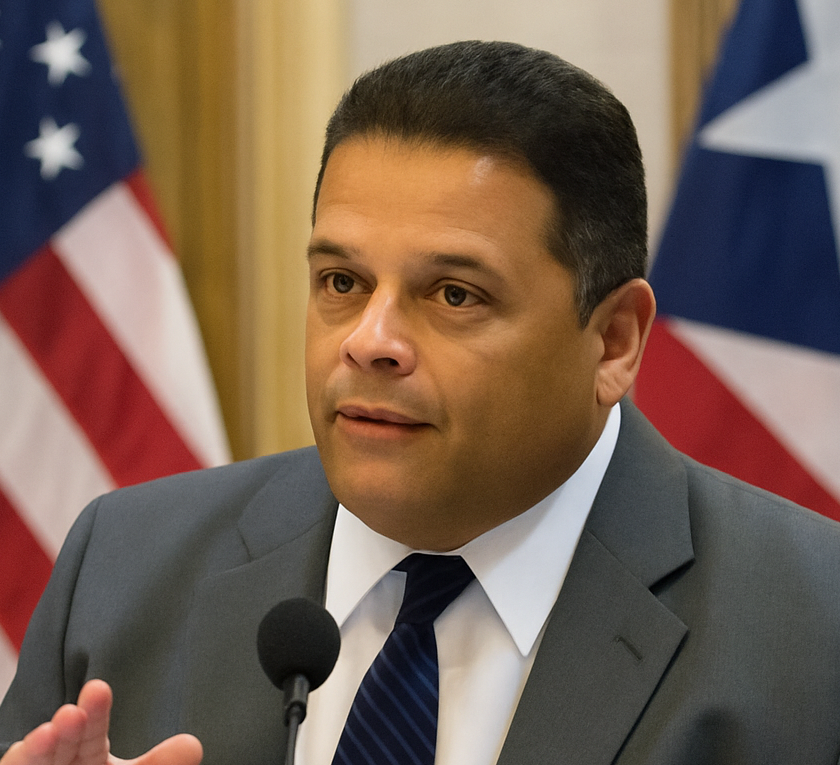








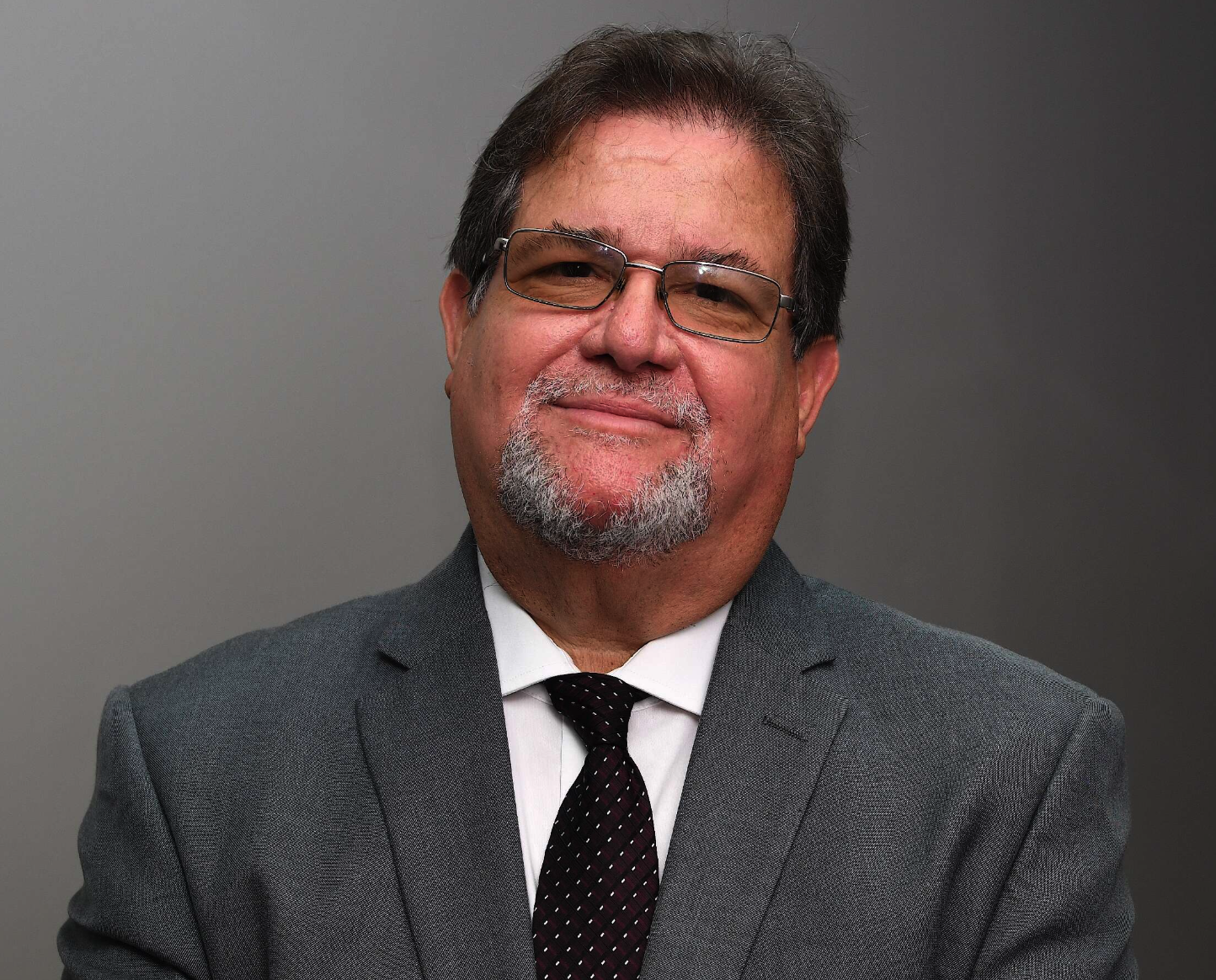

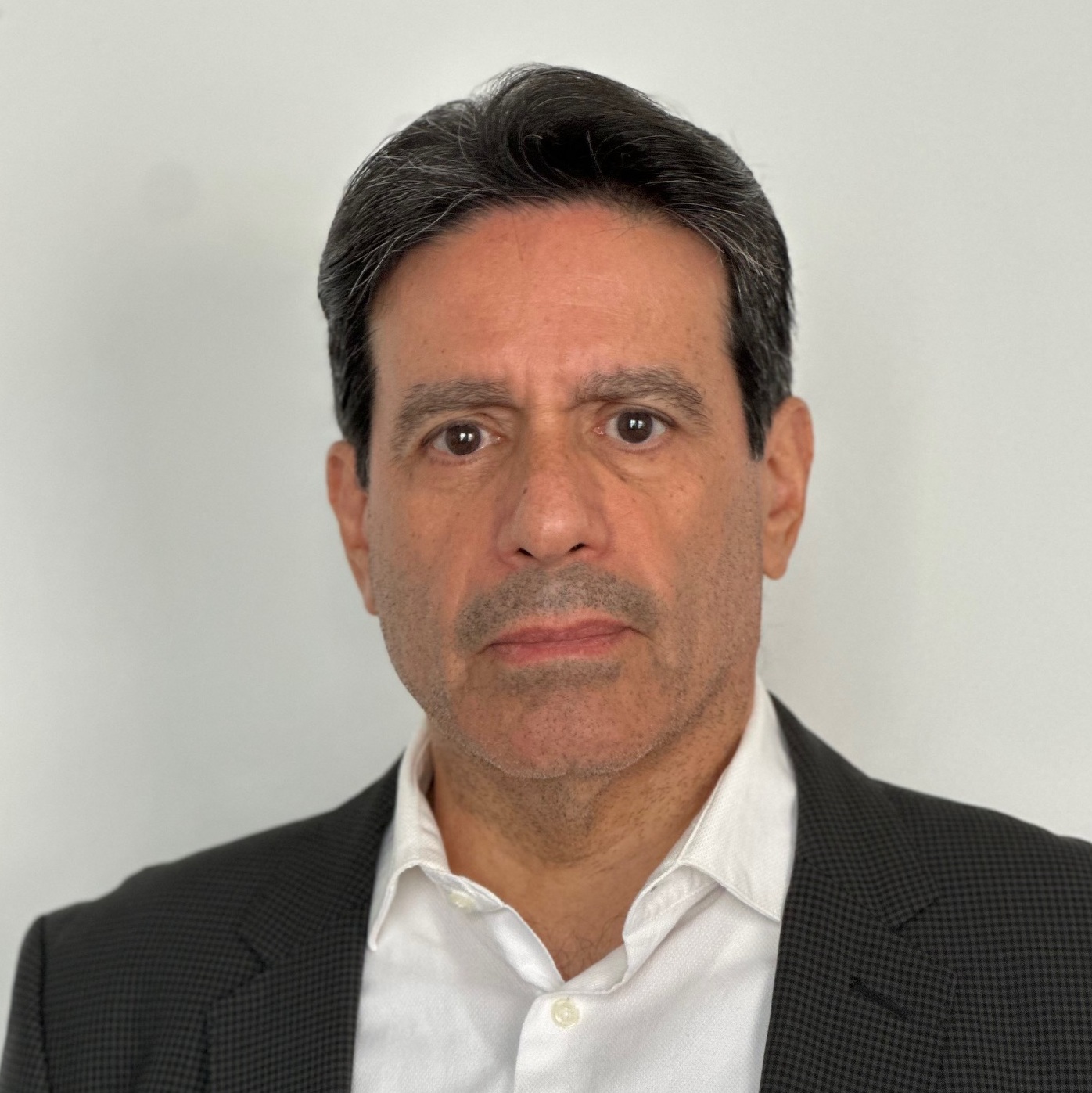
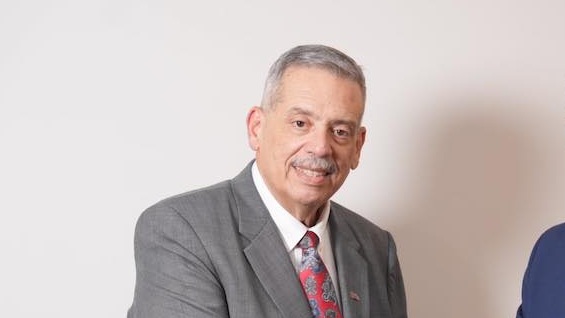
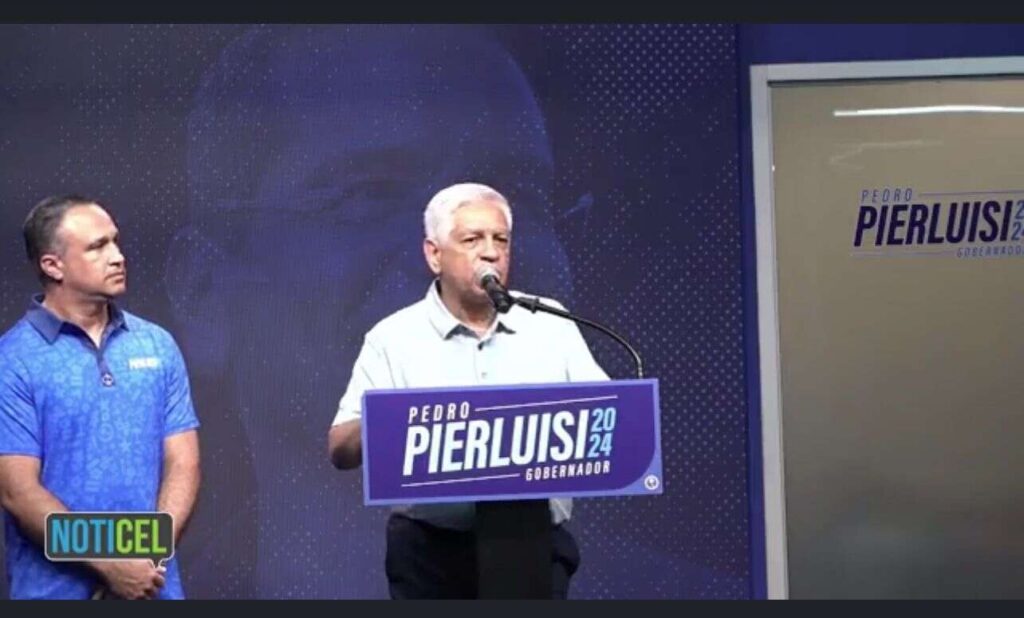
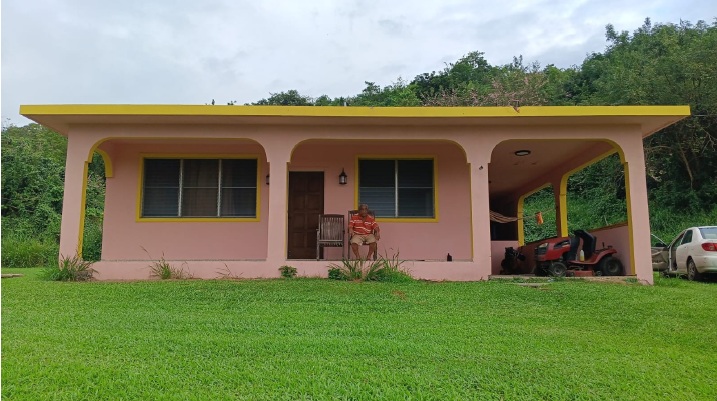

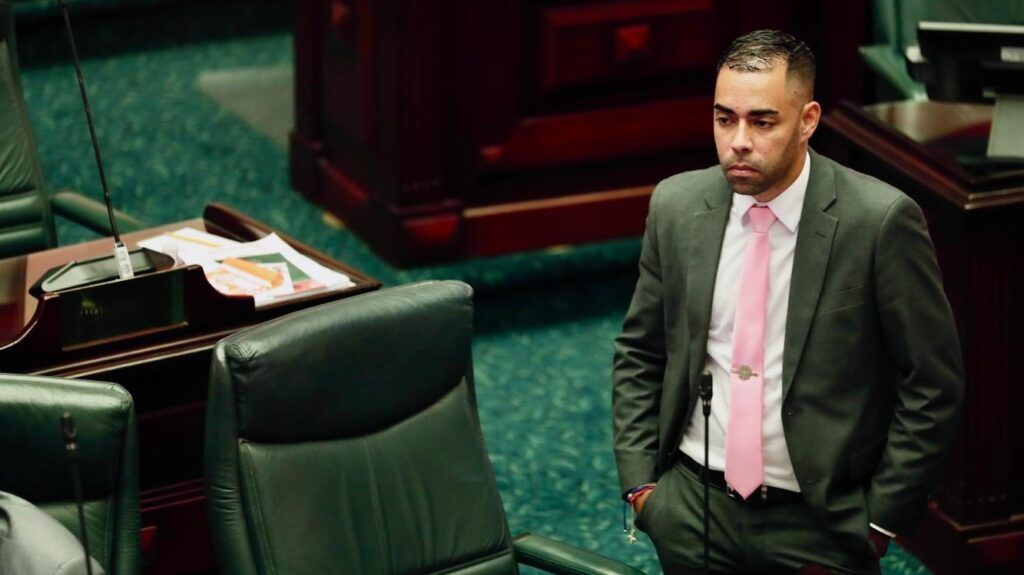
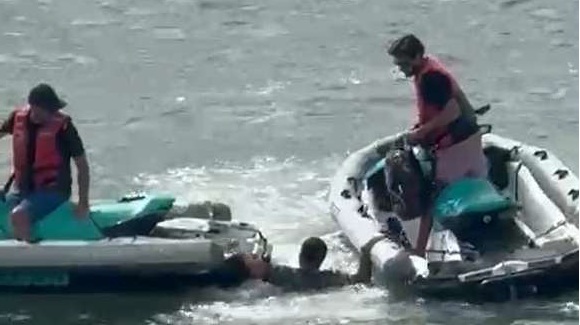



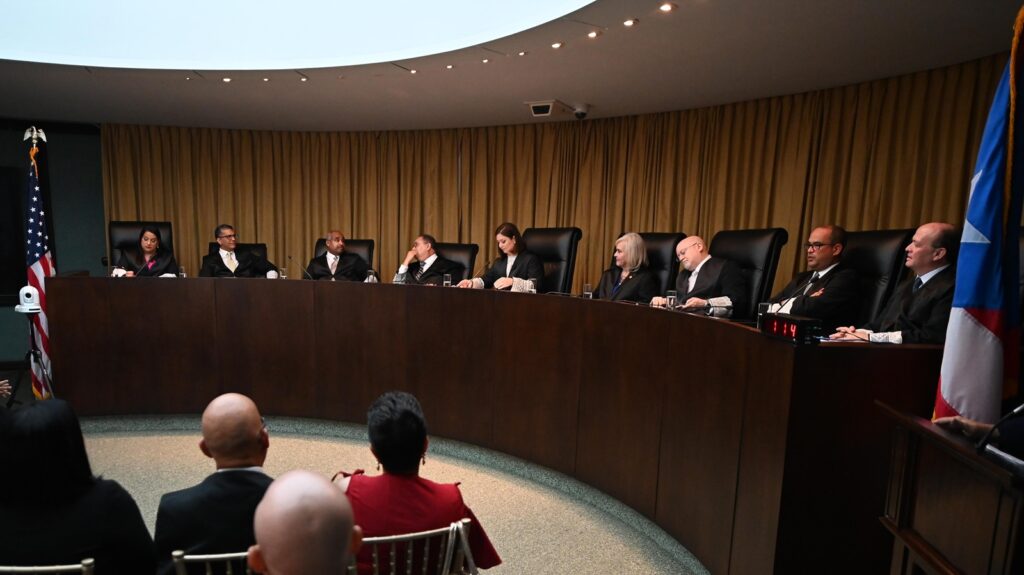

Comentarios {{ comments_count }}
Añadir comentario{{ child.content }}